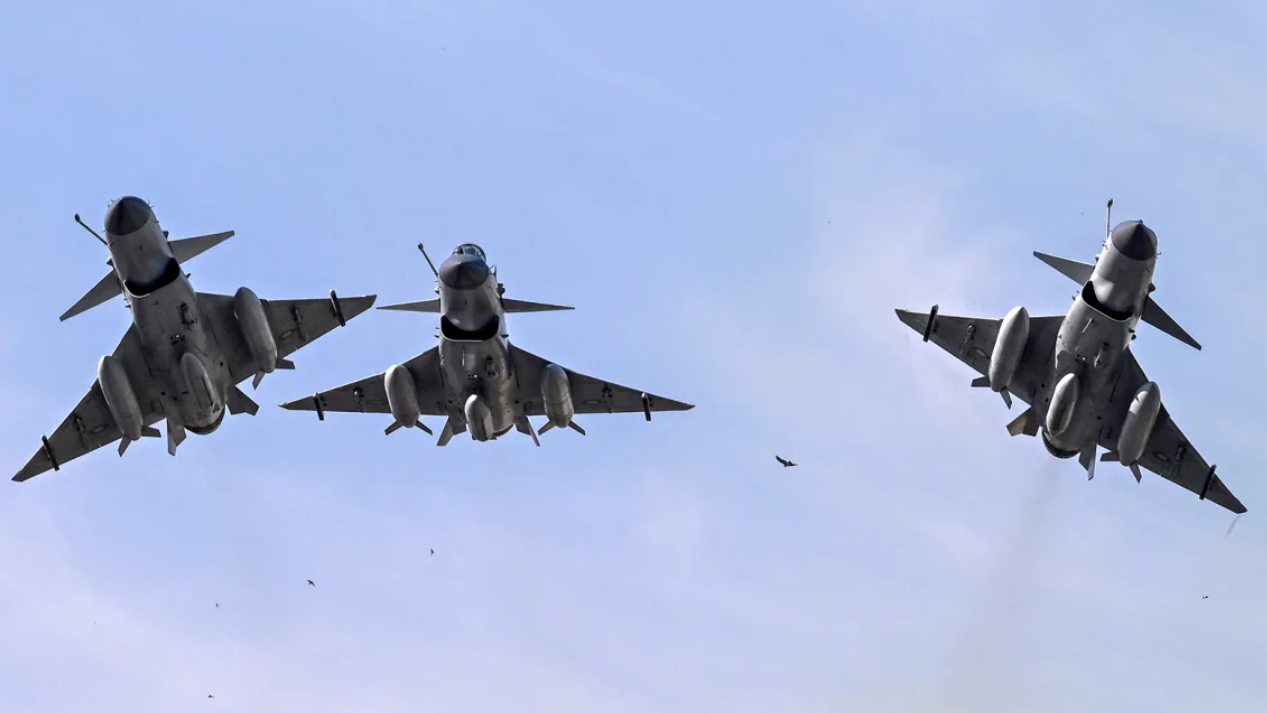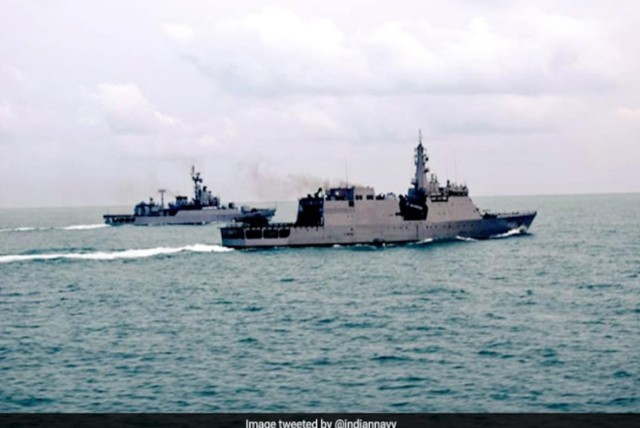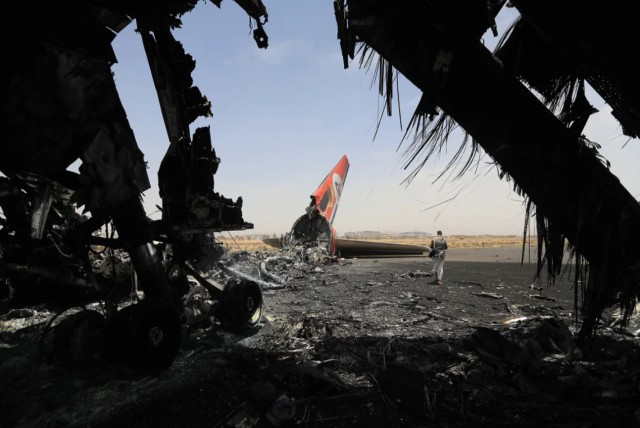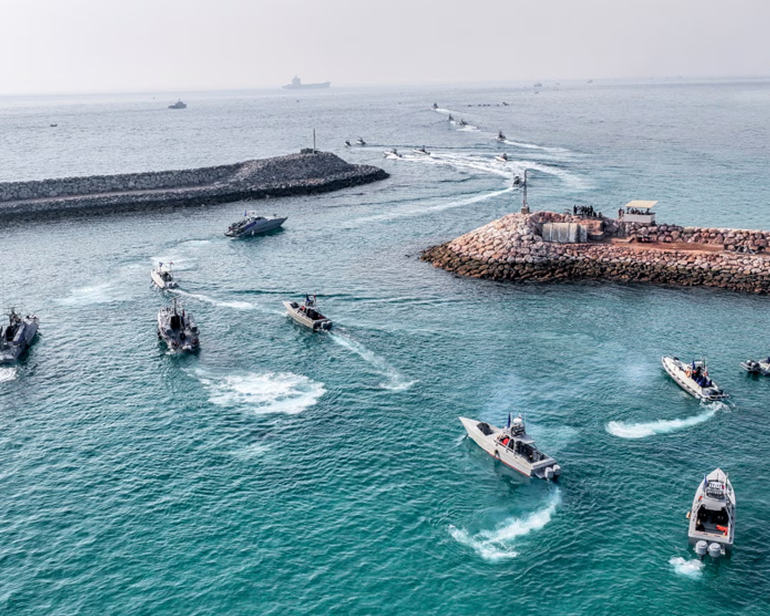
A Russian tanker has sunk in the Black Sea, releasing 4,300 tonnes of oil into the water. The Guardian
A Russian tanker carrying more than 4,000 tonnes of oil products sank in the Black Sea on Sunday after a large wave struck it during a storm. The Volgoneft-212, a 136-meter cargo ship, snapped in half while near the east coast of Crimea, just five miles (8 kilometres) from the Kerch Strait. Russian officials confirmed at least one fatality, and the ship’s 15-member crew was affected by the incident.
The tanker was carrying 4,300 tonnes of low-grade heavy fuel oil, known as mazut, a substance that poses significant risks to the marine environment. Russian emergency services acted quickly, deploying tugboats and a helicopter to help with the rescue. Twelve crew members were safely evacuated, with eleven being taken to the hospital; two of them were in serious condition.
Just after the Volgoneft-212 sank, another vessel, the Volgoneft-239, also encountered trouble in the same region. Although initial reports suggested that it too had sunk, further investigation revealed that it had run aground near the port of Taman, situated at the south end of the Kerch Strait. This vessel was carrying 4 tonnes of fuel oil, and despite the stormy weather, rescue efforts continued, with officials ensuring the crew was not in immediate danger.
Russian authorities have opened two criminal investigations into the incident to determine if any safety protocols were violated. There are concerns over the extent of the oil spill and the environmental impact it could have on the Black Sea, especially considering the ongoing war in the region. President Vladimir Putin ordered the formation of a working group to handle the aftermath and mitigate any further damage.
Ukrainian officials criticized the Russian response, accusing the country of recklessness by allowing aged tankers to navigate in such harsh conditions. Dmytro Pletenchuk, a spokesperson for Ukraine's navy, emphasized that the vessels were outdated and should not have been at sea during the storm. He pointed out that Russian violations of operating rules led to this catastrophe.
The Volgoneft-212, which was 55 years old, had recently undergone repairs, including a refitting that saw its stern and bow welded together. It appears that the section in the middle, where the seam was created, was where the damage occurred. Crew members, visibly distressed, watched as their ship was destroyed by the storm. Video footage from the scene showed men in lifejackets, as black oil slicks spread across the water, surrounding the wrecked hull.
This latest maritime disaster is part of a troubling pattern in the region. The Black Sea has been a focal point of military conflict since the start of Russia’s invasion of Ukraine in 2022. Ukraine has targeted Russia’s Black Sea fleet using sea drones and missiles, causing significant damage to Russian vessels and forcing them to relocate to safer ports.
In addition to this ongoing conflict, a major ecological disaster occurred in June 2023 when Russian forces destroyed the Kakhovka Dam, releasing 18 billion tonnes of water into the Black Sea. This flood carried with it pollutants such as fuel, sewage, and fertilizers, devastating marine life. Biologists have also reported an increase in dolphin and porpoise deaths since the start of the war, with about 1,000 cetaceans lost in 2022 alone.
The ecological consequences of these incidents are severe, and the region’s marine ecosystem is suffering due to ongoing warfare and pollution.















